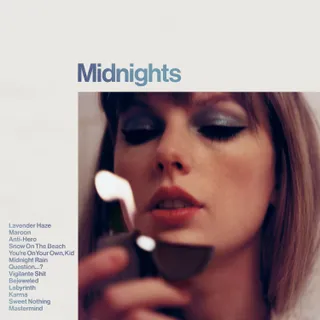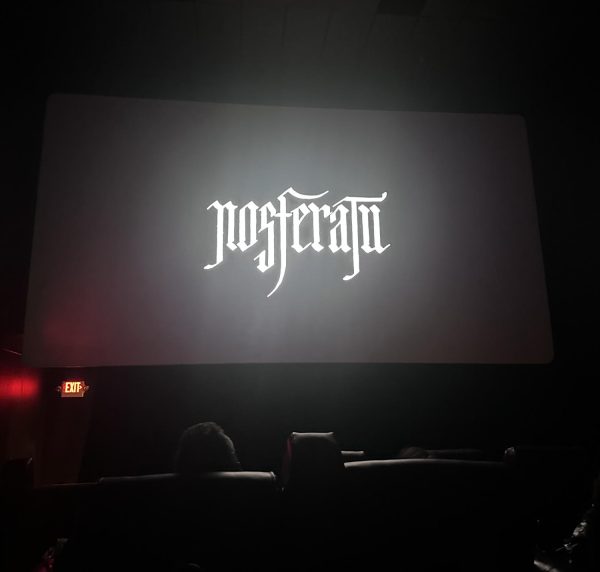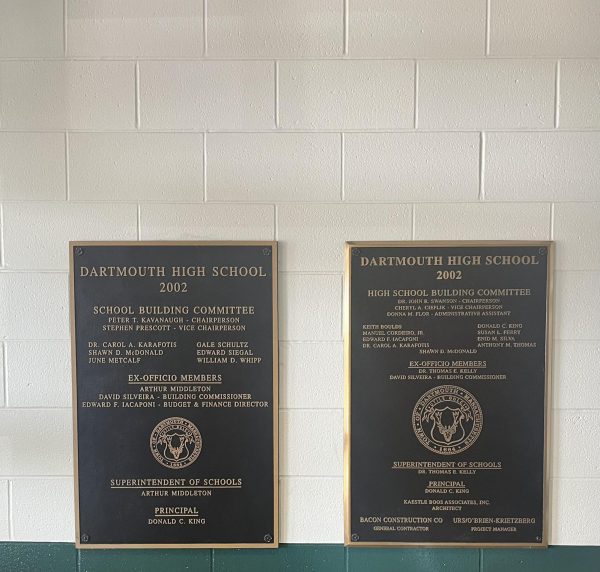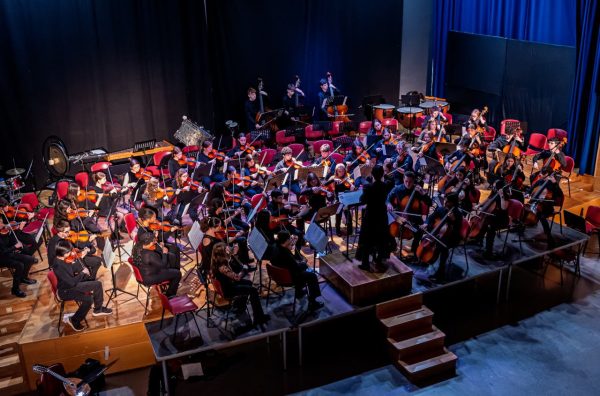Midnights: Taylor Swift’s Reflection on the Past and Hope for the Future

Swift’s terminal self-awareness is at an all-time high in her most recent project, Midnights.
Taylor Swift’s anecdotal songwriting is what she does best. To the whole world, her life has been laid out in an array of lyrics spanning every breakup and love story she’s amassed. Her paranoia, her faults, her shortcomings – these reflections of herself are what launched her into international stardom.
Swift’s terminal self-awareness is at an all-time high in her most recent project, Midnights. Her tenth studio album finds a footing between comfort and chaos, from the soft lullaby of “Sweet Nothings” to the runway worthy boom of “Karma.” It’s the structured ramblings of a mad woman, caught in a haze of melancholic pity and obsessive fear. Among this manic array of art, Swift seems trapped between the mishaps of yesterday and the dread of tomorrow.
Songs like “Would’ve Could’ve Should’ve” revolve around her mistakes of the past, specifically an age gap relationship between her 19-year-old self and then 32-year-old John Mayer. Over a hard-strung bassline and frantic drums, she expresses her regret through declarations of discontent with the relationship. Lines like “Give me back my girlhood, it was mine first” take on a childish yet vengeful tone, expressing the anger that comes with being a victim.
The album’s lead single, “Anti-Hero,” is oddly reminiscent of her magnum opus 1989 with heavy synth and shimmering backing vocals. Rest assured, her maturation from a wide-eyed young adult to a mindful grown woman can be seen in this track. Descriptions of her disguised narcissism, declarations of her own self-doubt, and the dwindling of her psyche as the night begins to devolve, all define this track as a painfully perceptive self-incrimination.
Unfortunately Swift’s overall sound on this album simultaneously suffers from stagnation and overshot imagination, partly thanks to long time collaborator Jack Antanoff. Tracks like “Bejeweled” and “Karma” are bright, metallic, songs that don’t offer much beyond their face value themes of self-confidence and revenge. Immediately following these numbers is the dotty “Mastermind,” detailing Swift’s origins of self-doubt and need for control. It’s jarring how this album jumps from blindingly bright moments to spots of pure vulnerability. It can’t decide if it wants to be an ode to her pop-oriented past, or a nod to her uncertain future in the industry.
Antanoff’s iconic over-produced synthetic sound, best recognized from his band Bleachers, takes control in this album. There are moments when the lyrics and vocals feel like the old, authentic, pop powerhouse that is Taylor Swift, but the tri-layered synth makes the audience believe they’re listening to an unreleased Bleachers song pitched up a few octaves.
Antanoff’s influence over the production of this album marks the beginning of a shift in Swift’s sound compared to her previous alternative sister albums Folklore and Evermore. Gone are the eulogies laced over delicate acoustic instruments, and in come the powerful arrangements of modernized 80s pop.
For most artists, this shift would prompt concern for the quality of the future of their career. Taylor Swift, however, has made a brand out of dappling in nearly every genre – country, pop, and alternative, to be specific – and managed the transition nearly seamlessly each time. While Midnights strays from her more recent work, Swift manages to look to the past for inspiration while treading towards the future for a new sound, and a new era.











